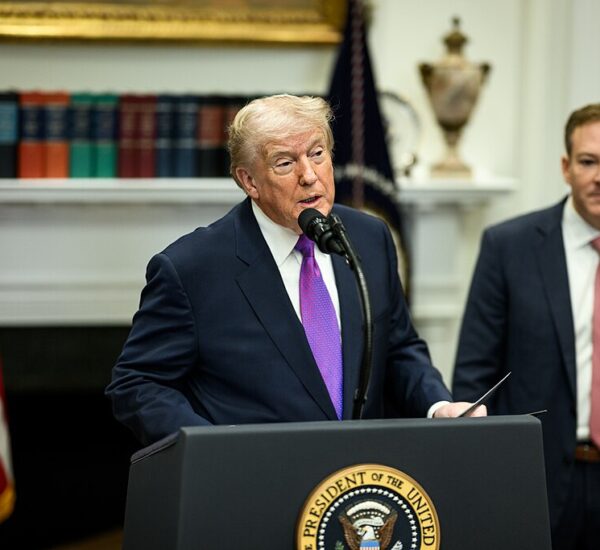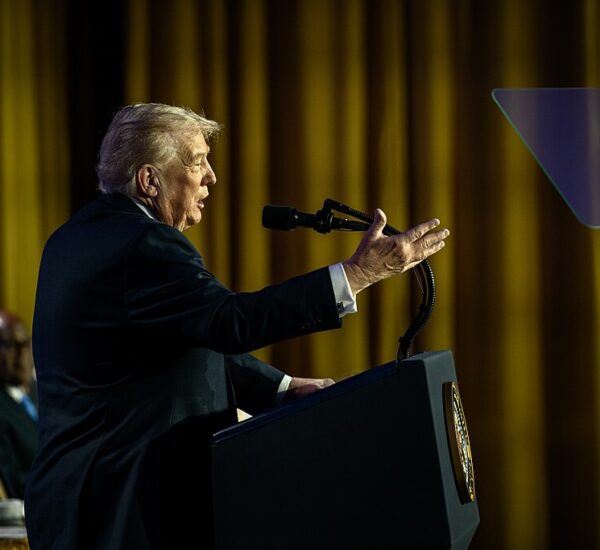Buttigieg Fires Back At JD Vance
Transportation Secretary Pete Buttigieg recently criticized Sen. J.D. Vance of Ohio, the Republican vice presidential nominee, for his past remarks regarding “childless” Democrats. In a CNN interview on “The Source,” Buttigieg, who together with his husband Chasten adopted twins, expressed disappointment in Vance’s comments.
“The timing of his remarks was particularly unfortunate,” Buttigieg remarked, alluding to a personal setback he and Chasten had endured. “It’s a reminder that discussing other people’s families should be approached with sensitivity and respect.”
Vance’s comments, which have resurfaced recently, centered on his belief that the Democratic Party’s future is overly influenced by individuals without children. He singled out prominent Democrats like Vice President Kamala Harris, Rep. Alexandria Ocasio-Cortez, and Buttigieg himself, questioning their stake in the nation’s future.
Buttigieg responded by emphasizing the broader implications of political leadership on American families. “This isn’t just about our kids or their backgrounds,” he stated firmly. “It’s about all families and the kind of future we envision for them under leaders like Kamala Harris, who are dedicated to enhancing our prosperity and freedom.”
He contrasted this vision with what he characterized as the tumultuous and divisive period of the Trump administration. “Do we want our children to grow up in a country marked by chaos and hostility?” Buttigieg asked, framing the upcoming election as pivotal for shaping the nation’s trajectory.
Buttigieg’s remarks come as the Democratic presidential ticket undergoes a transition, following President Joe Biden’s recent decision not to seek reelection. Harris now emerges as a leading figure within the party, backed by Biden’s endorsement, signaling a shift in focus towards the future direction of American leadership.
In conclusion, Buttigieg’s comments reflect a defense of Democratic leaders and a critique of Vance’s viewpoint, advocating for a forward-looking approach to governance that prioritizes the welfare and aspirations of all American families. As the political landscape evolves, such discussions are likely to continue shaping the narrative leading up to the next election.






